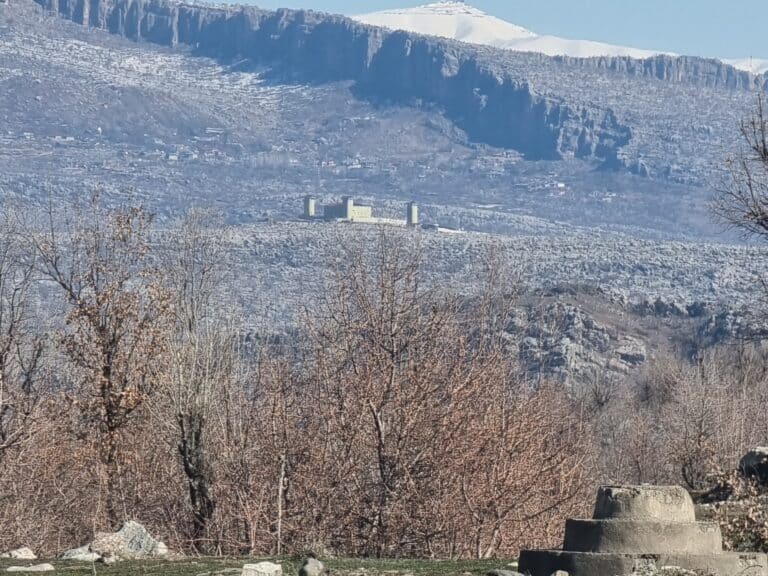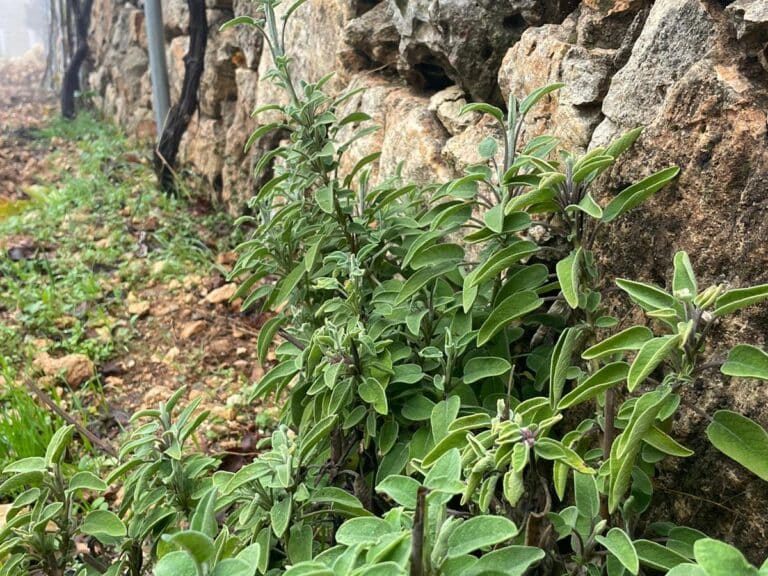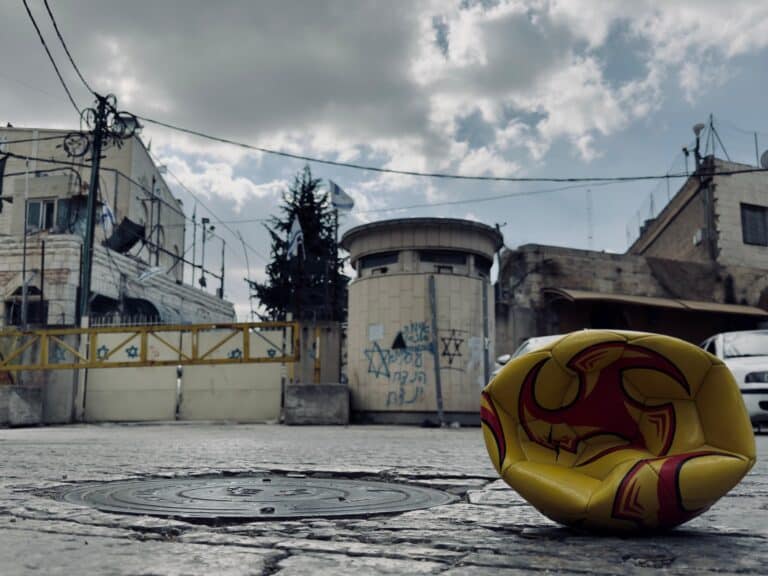CPTnet
9 August 2012
ABORIGINAL JUSTICE: Government Accedes
to Community Demand
By Peter
Haresnape
After several
weeks in July of continuous presence at Poigan Bay,
Algonquins of Barriere Lake protesting logging without consent of community
land-users have negotiated a way forward.
The Quebec
Ministry of Natural Resources and Wildlife (MRNF) has accepted a proposal for “measures
to harmonize,” a community-led process where the land users identify areas
where forestry work could be beneficial for long-term land use. This sort of
consultation has the potential to guide economic development in a way that supports
traditional land use, instead of destroying the land base that the families of
this community depend upon.
 |
|
| photo courtesy ipsmo |
In two actions
on 16 July, community members stopped logging and road-building by
confronting Resolute Forest Products workers and escorting them off the land. In
the days that followed, the MRNF heard demands at a number of meetings. The
original MRNF-approved logging plan permitted cutting in 72 areas of the forest.
Work had begun on six of these. Under the negotiated agreement, work in those six areas would be
permitted to finish. The remainder was put on hold until measures
to harmonize are in place, a step that ought to have been taken before the work
commenced.
The “measures
to harmonize” process follows from the 1991 Trilateral Agreement, made between the
Algonquins of Barriere Lake, the Quebec provincial government and the Canadian federal government. It
offers a framework for joint land management, an alternative to the
Comprehensive Land Claims process, which would require extinguishment of
Aboriginal Title to traditional territories. Under the Trilateral Agreement, Barriere
Lake is meant to be part of decision making and benefit from revenue sharing. However,
neither Canada nor Quebec has fully implemented the measures to harmonize, despite their
initial investment and involvement in the process.
The Aboriginal Justice Team stayed with the
protest camp until Sunday, 22 July, when the protesters voluntarily dismantled it
in the wake of the negotiated agreement. Since then, other Algonquin land users
initiated a blockade against the remaining logging and were subsequently
arrested. The team met with members of this group, but was
not invited to maintain a presence with them.





